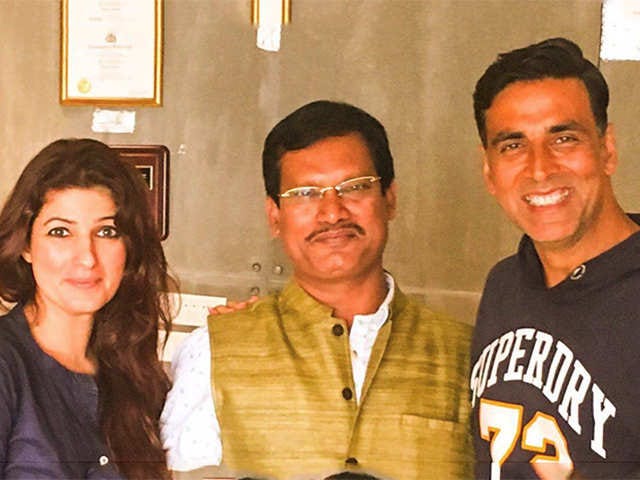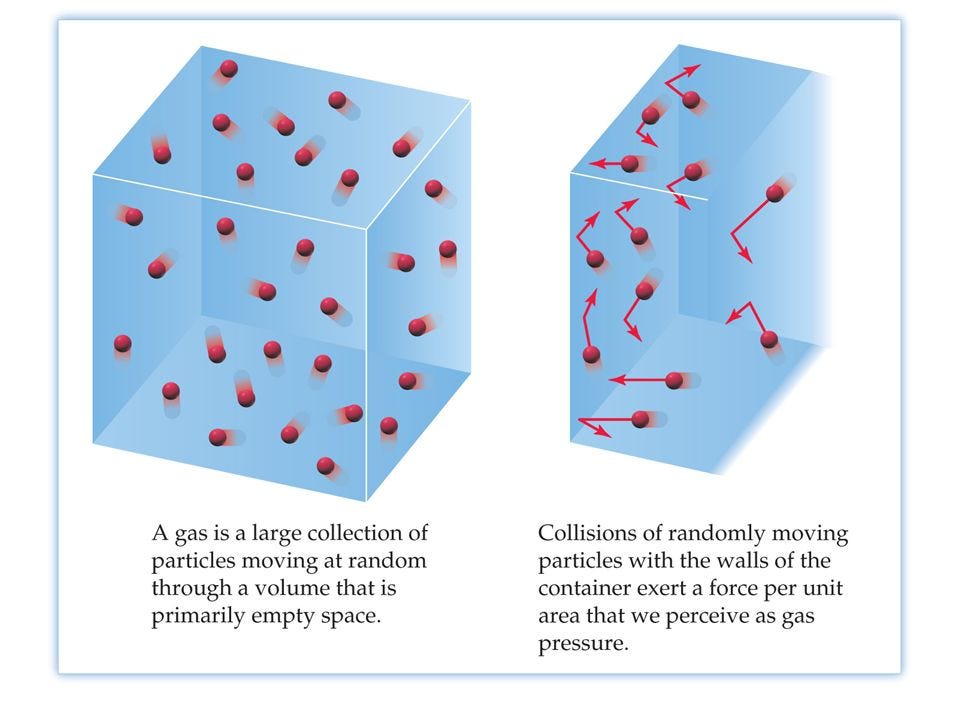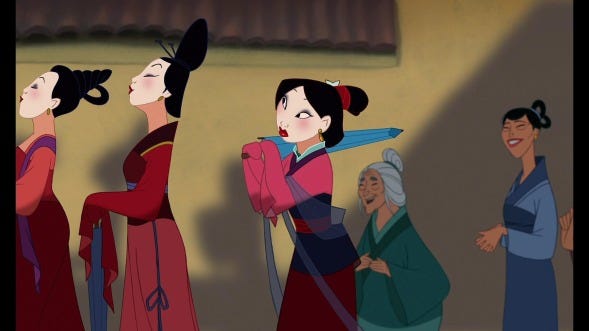Change the world, cultivate relationships
Letter to an ambitious tech-minded friend.
Happy Thanksgiving! I’m grateful for the time to reflect on friends and family who have influenced me, including some whose conversations prompted this piece.

You want to change the world.
That’s a great outlook for having agency. Far better to change the world than be at its mercy. But it gets unclear whose world we’re talking about and where we should start. There are many ways of parsing the world into the worlds of people, animals, machines, conservation, medicine, economics, and so on. These are different networks and different tracks within which we can progress. We can even combine or make our own tracks for success.
Without a sense of the scope of the world and its parts, we’ll get paralyzed by these limitless options. Thankfully, our own development has given us a world to start off in. This is the world of our fundamental relationships.
We first get our view of the world from our immediate family.
This isn’t just our beliefs about the world like politics and religion. Literally, our sense perception and processing of the world stems from our family, our stable relationships growing up. We perceive the world as a place we inhabit that’s also outside of us. Developmental psychology shows us that our relationships pattern our cognitive abilities. From the womb onwards, the experiences of observing our parents and having our needs met generate mental tools like object permanence (seeing things as really existing in the world, even when we’re not looking at them), theory of mind (considering others’ thoughts and perspectives), and attachment (our sense of connectedness to the world and our relationships).
When these relationships are out of whack, like when parents split up or there’s violence in our neighborhood, we see prefrontal cortex changes and less emotional stability. Sometimes we get the problems with mapping and planning out the world related to that brain area. Major adverse childhood experiences and early substance use are likewise linked to impaired development of our neurocognitive reasoning, planning, and self-control abilities.
What’s striking is our lifestyles in the West now mimic that familial disruption all the time. It’s normal for those in our managerial, service, and elite classes to pack up every few years and move to a new place without local connections. Our interactions with others are brief, bouncing from one advancement to the next yet not committing to journey alongside any particular person, while the friends we have slip in and out of our lives.
The philosopher Charles Taylor calls this kind of life “atomized.” Imagine how it might feel to be a gas particle bouncing around, like in your high school chemistry class. We’re each the center of our lives without intermediate structures like family or community to mediate what we believe or how we make our way in the world. This kind of life is filled with dizzying numbers of interactions, yet many of us somehow feel less free and more lonely and forlorn.
That feeling is a signal
pointing us towards solutions in more humane forms of living. We need to commit to at least a few people and networks that will remain with us as we journey through the world. But these connections are much more than social support. They’re the relationships that will be most impacted by the changes we make in the world. It’s for their sake we work and innovate.
Our success or failure means different economic and living circumstances for them. Maybe we’ll do well and bring recognition to a locale or a family. Even more directly, our close connections can inspire or be the recipients of our innovations. The inventors of surgical gloves and Band-aids devised their creations for loved ones suffering the painful nicks and cuts of manual labor. The modern wheelchair was an engineer’s design for his disabled friend. India’s “PadMan” changed the lives of millions of women through his quest to develop a clean, affordable menstrual hygiene product for his wife.
Continued growth, then, can come from keeping up the relationships that helped us grow in the first place. If we lacked those relationships growing up, we can build them through new commitments. Doing things for the sake of these relationships will help us stay grounded and integrated rather than adrift in the world. Paradoxically, iterating at this “smaller” scale of relationships maximizes our scope. We can first see our impact on our immediate, closest social relationships and get their accurate feedback as those who have skin in the game. Real people keep us honest and out of the ivory tower. We also don’t need to jettison the more abstract ideals of helping humanity or advancing knowledge, but rather see the concrete relationships we have as the real opportunities to enact those ideals (the opposite of this example in Dostoevsky).
Working and innovating for the sake of close relationships thus fills our lives with meaning, avoiding alienation and the atomized life. So, thank you for reading this and for how you’ve played a role in my development!



